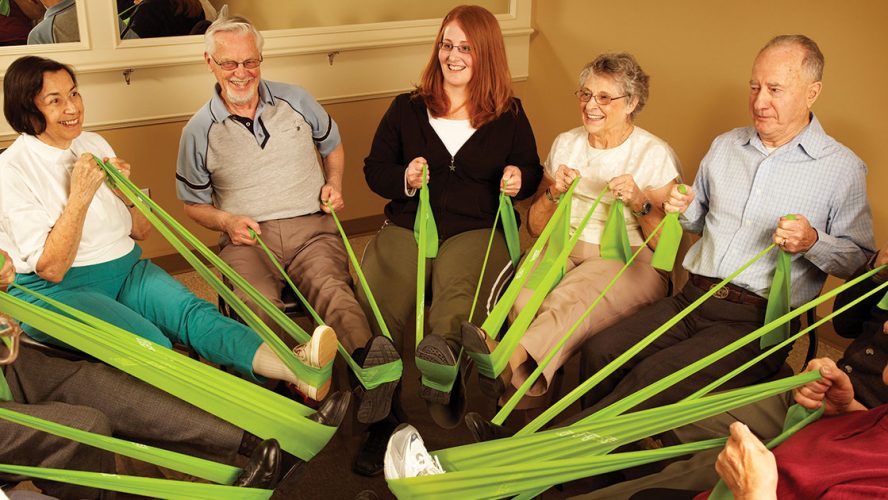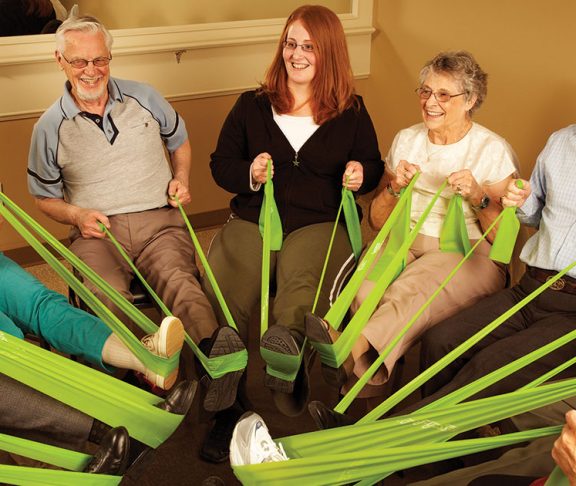Americans are living longer, and according to the U.S. Census Bureau, when the last of the baby boomers reach age 65 in 2029, they will represent more than 20 percent of the total U.S. population, numbering about 60 million people. Because about two-thirds of the 65-plus population requires some form of long-term care, according to the U.S. Department of Health and Human Services, aging Americans will create unprecedented demand for senior living and health care options.
It’s important to remember that there is assistance available and a variety of senior living options that may suit the needs and preferences of you or a loved one when the time comes. Making the decision to leave a family home for senior living can be difficult, so it is important to consider individual needs — perhaps the potential benefit of increased socialization or a safer environment for those with memory decline. Some common, but important questions that aging Americans often find themselves asking are, “What is senior living?” “How do I choose a community?” and “How do I pay for senior living?”
What is senior living?
Senior living is a home- and community-based setting for older adults combining housing with services focused on health and wellness, hospitality, personal care, and dining and nutrition. There are currently over 30,000 senior living communities in the United States serving more than 835,000 residents.
Senior living options may include:
Independent living, which provides older adults, who can safely care for themselves, with a range of services offering comfort, convenience and socialization to fit their lifestyle.
Assisted living, which provides residents with customized assistance for activities of daily living, with strong consideration given to protecting independence, dignity, and quality of life.
Continuing care retirement community, which provides several levels of care and living options most often including independent living, assisted living and nursing care.
Memory care, which is specialized care for individuals experiencing cognitive decline.
How do I choose a community?
While a health emergency often launches the process of searching for a senior living community for yourself or a loved one, the best advice is to begin the process of researching and visiting communities before a crisis occurs. Each senior living community is unique, but there are common questions to ask before, during and after a visit.
Consider community location, social environment and physical features, types of care models and health services offered, available lifestyle amenities and personal residences, staff training requirements, and your budget.
How do I pay for senior living?
Many senior living residents use a combination of options to finance care and services, including the sale of a family home or other investment, income from social security and other pensions, personal retirement savings, family assistance, long-term care insurance, the Veterans Benefits Administration’s Aid & Attendance program, and Medicaid for income-eligible seniors.

